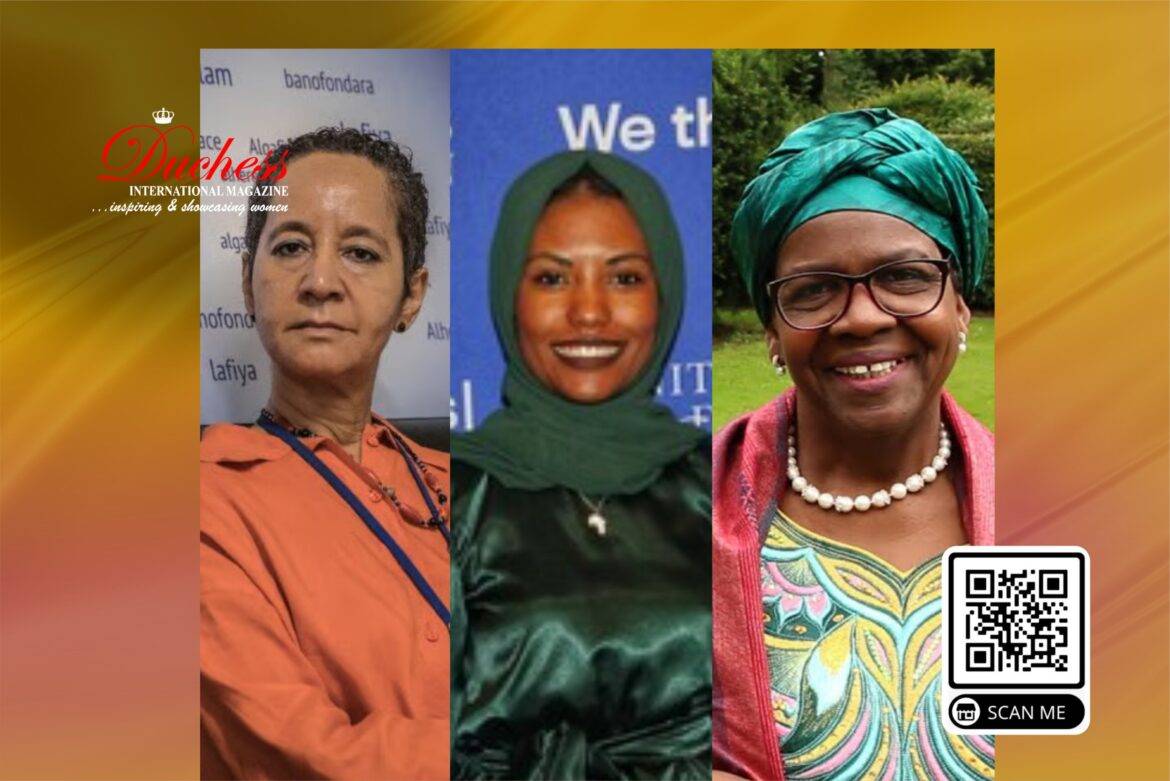In celebration of Africa Day, UNESCO Africa Week shone a spotlight on the remarkable contributions of three women dedicated to peacekeeping efforts across the continent. This year’s online event, organized by the UNESCO Campus program, featured an enriching panel discussion with contributions from schools in Nigeria, Zambia, Egypt, and attendees from various other countries. The event highlighted the importance of peace, education, and community involvement.
Women in Peacekeeping: Voices from the Field
The first panelist, Loubna Benhayoune, Director of the Stabilization and Recovery Section at the United Nations Multidimensional Integrated Stabilization Mission in Mali (MINUSMA), shared her insights on the multifaceted nature of peacebuilding. Having joined MINUSMA in 2014, Benhayoune emphasized the need for a holistic approach to peace that extends beyond military efforts.
“Peace is the most difficult thing we can obtain,” Benhayoune said. “War and destruction, with all the weapons we have today, are easy. Peace means reconstruction: of buildings but also of humans, of their bodies, and of their minds… it’s a challenge we need to work on.”
She stressed that peace is not merely the absence of war but a state of mind achieved through the reconstruction of economic, social, and educational systems. Benhayoune’s message to students was clear: small initiatives can have a significant impact, and values such as respect, empathy, solidarity, and inclusiveness are vital for peacebuilding.
Education as a Catalyst for Peace
Khadija Mayman, a Conflict Resolution Trainer at the Whitaker Peace & Development Initiative, joined the discussion to share her experiences as a Youth Peacemaker. Growing up in Bonteheuwel, one of Cape Town’s most violent communities, Mayman has dedicated herself to spreading the message of peace and bringing transformative change to her community and beyond.
“Being a Youth Peacemaker means learning how to dialogue and how to let others express themselves,” Mayman explained. She highlighted the fundamental role of education in peacebuilding, noting that conversations about peace and community projects that enhance safety are the cornerstones of lasting change.
Creating Safe Spaces for Reconciliation
The final speaker, Kongosi Mussanzi, co-founder of the Centre Résolution Conflits in the Democratic Republic of Congo, shared her decade-long journey of campaigning and advocating for peace. Despite facing death threats and having to flee to the UK, Mussanzi continues her work in conflict resolution, trauma counseling, and reconciliation.
“We need young people to create a global society where nobody is a victim, and each person gives and receives,” Mussanzi said. She emphasized the need for safe spaces where youth leaders can facilitate reconciliation, an essential first step toward peacebuilding. Mussanzi encouraged young women to engage in peace efforts and share the message of reconciliation and healing.
A New Generation of Peacekeepers
The students who participated in the session were inspired by the experiences of these exceptional women. The event reinforced the idea that everyone has a role to play in fostering peace. By taking small initiatives and embracing values of respect and empathy, individuals can contribute to a more peaceful and inclusive world.
UNESCO Africa Week continues to be a platform for celebrating African culture, heritage, and the tireless efforts of those working toward peace and stability on the continent. As the students learned, it is through collective action and the dedication of individuals like Benhayoune, Mayman, and Mussanzi that sustainable peace can be achieved.



